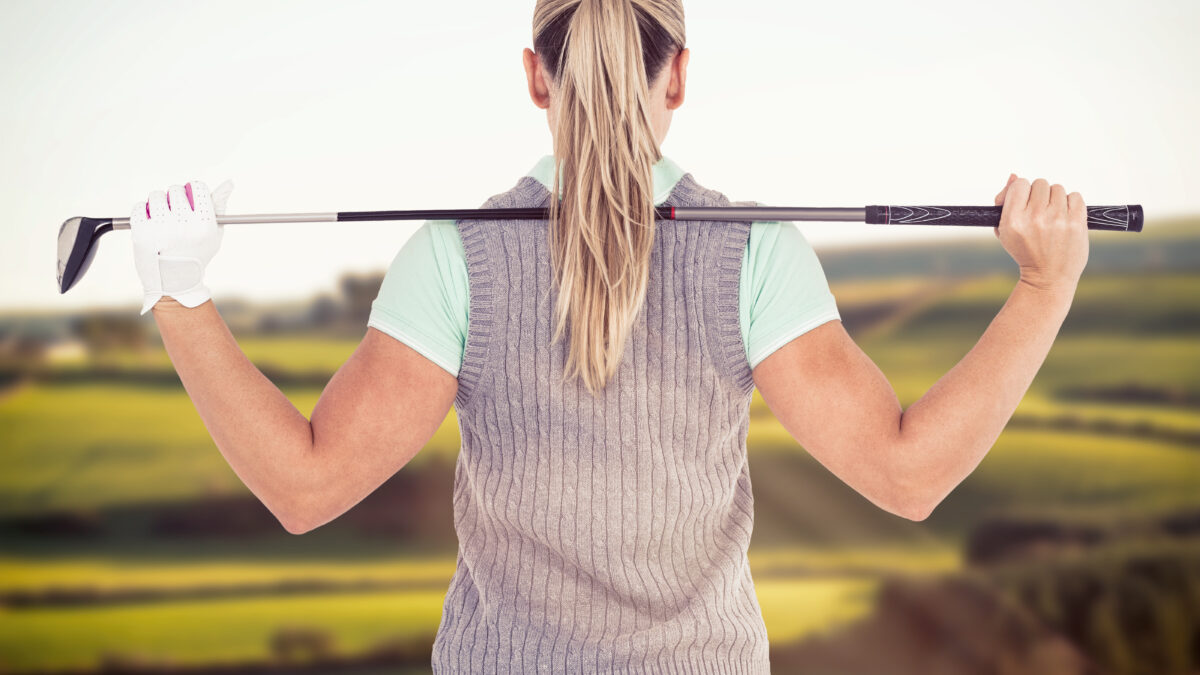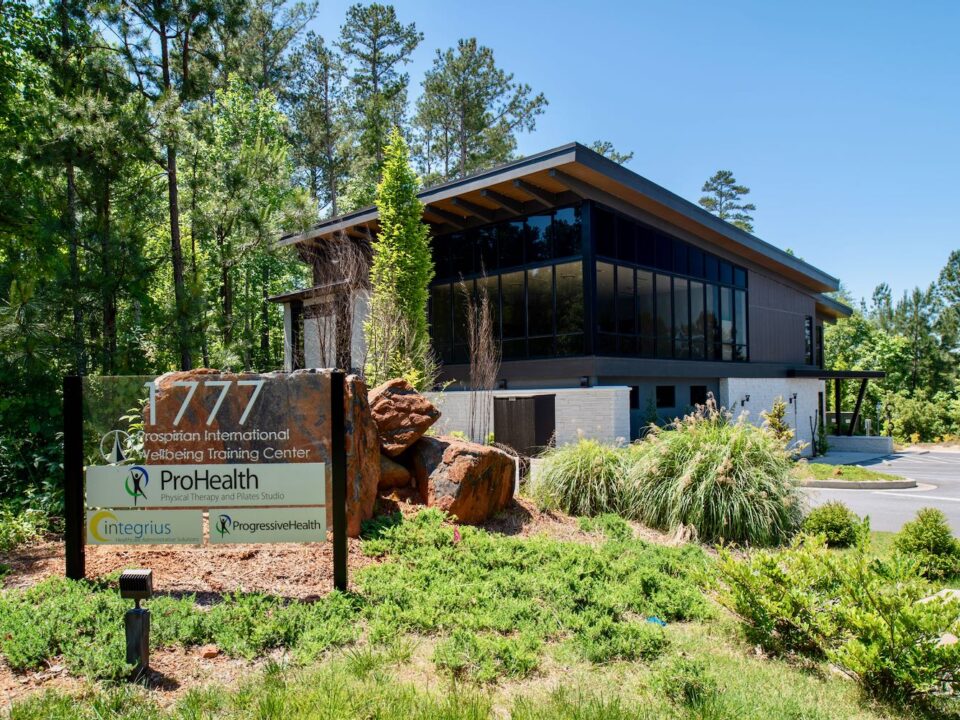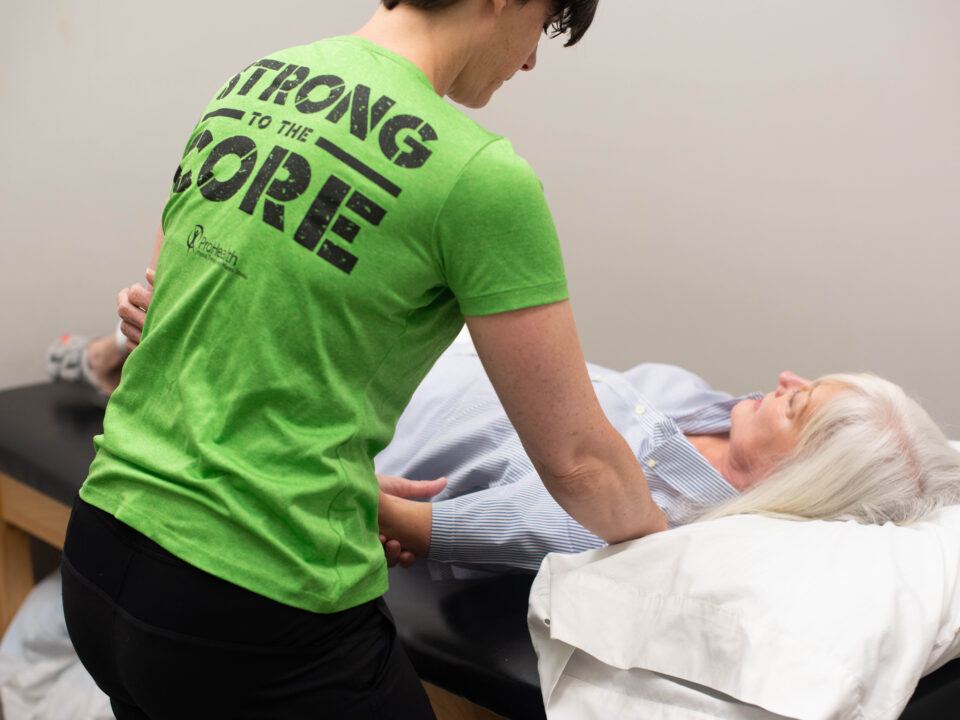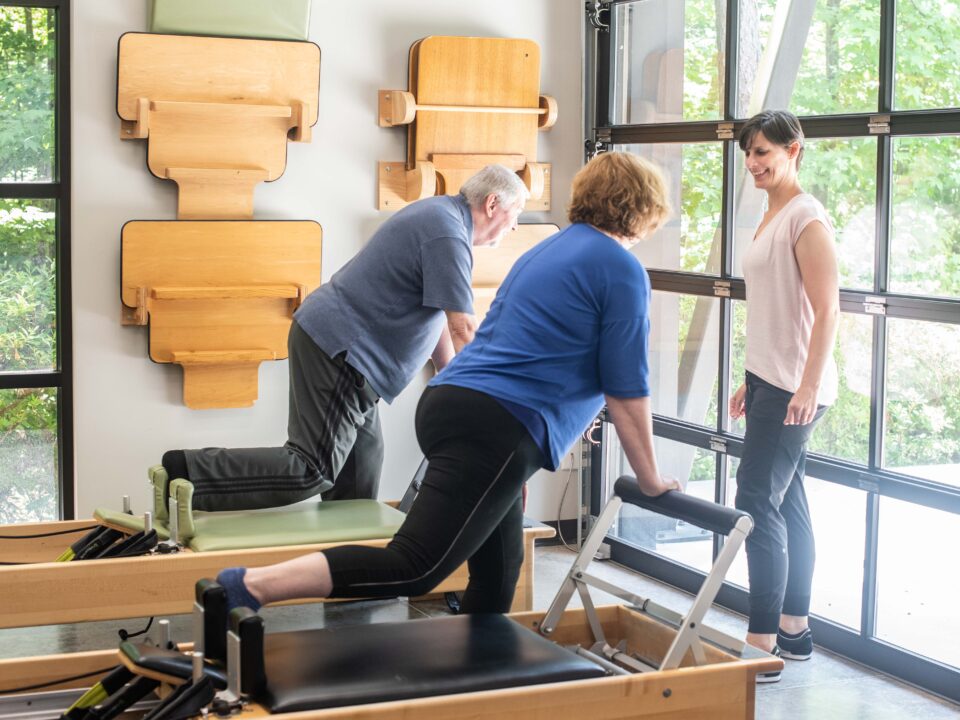- Mon - Fri
7.30 AM – 5.30 PM
Other hours upon request - 770-487-1931
How Top Athletes Utilize Regular Physical Therapy

Is physical therapy only for injuries? Can a top athlete in excellent shape still benefit from it?
You might be surprised to find out that the answer to the second question is “yes.”
“Most athletes realize that they need to do something more than just be good at their sport,” according to Dr. Karyn Staples, PT, PhD, NCPT of ProHealth Physical Therapy and Pilates Studio in Peachtree City. “They need to do cross training, they need to keep their bodies balanced – all of that. For example, Pilates is an adjunct to allow their bodies to move well and to improve their overall core strength to allow them to do their sport better.”
People generally think of physical therapy as a way to get back on the playing field more quickly after getting hurt. Obviously, that is true. But there are times when it is beneficial for an athlete to reach out to a physical therapist when he or she does not have an active injury.
“It’s a good idea anytime they notice something that is keeping them from doing their activity better,” said Staples. “It could be stiffness that prevents the body from rotating sufficiently, and stretching is not solving the problem. We can look more closely at how the joints are moving and find out what is limiting the body in that way so we can restore the proper range of motion.”
Staples related a specific instance in which a client, a young female golfer, was experiencing numbness during certain activities such as stretching. She was not in pain; she simply could not move with as much flexibility as she should. That was a sign of neural tension. Once that was addressed and the nervous system was gliding better, the flexibility returned and her game improved.
Serious athletes are always looking to improve. One key area that affects virtually every sport is speed. When a competitor wants to be a better or faster runner but thinks something in his or her stride or gait might not be where it should be, physical therapy is often the answer.
An effective PT regimen will begin with an assessment to see how the joints are moving and how the muscles are functioning. Often a PT professional can spot an issue caused by a nagging ache or pain that was ignored in the past but, unbeknownst to the athlete, resulted in the body overcompensating and establishing poor habits that have led to dysfunction.
“The physical therapist can help pull the body back and improve things so there is no longer any dysfunction,” said Staples.
Certain physical activities can sometimes lead to soreness in unexpected areas. This could be because one part of the body did not do its job and another body part had to make up for it and worked harder than it should have. A general rule of thumb is that if such soreness lasts longer than two days, it should be addressed.
“If you’re still in pain in 48 hours, contact your physical therapist,” said Staples. “Something is not right.”
Many elite professional athletes have some type of physical therapy nearly every day of their lives. All pro sports teams keep athletic trainers on staff, and the best athletes often employ their own personal staff who treat them constantly and always know what is happening with their bodies.
Athletes who are not yet at that level but are striving to get there can certainly benefit from additional physical therapy. ProHealth is a place where that kind of treatment is available without a physician’s referral – up to eight visits – with the exception of Medicare patients.
ProHealth Physical Therapy and Pilates Studio is located at 1777 Georgian Park in Peachtree City. for more information or to book an appointment, phone 770-487-1931 or visit prohealthga.com.




